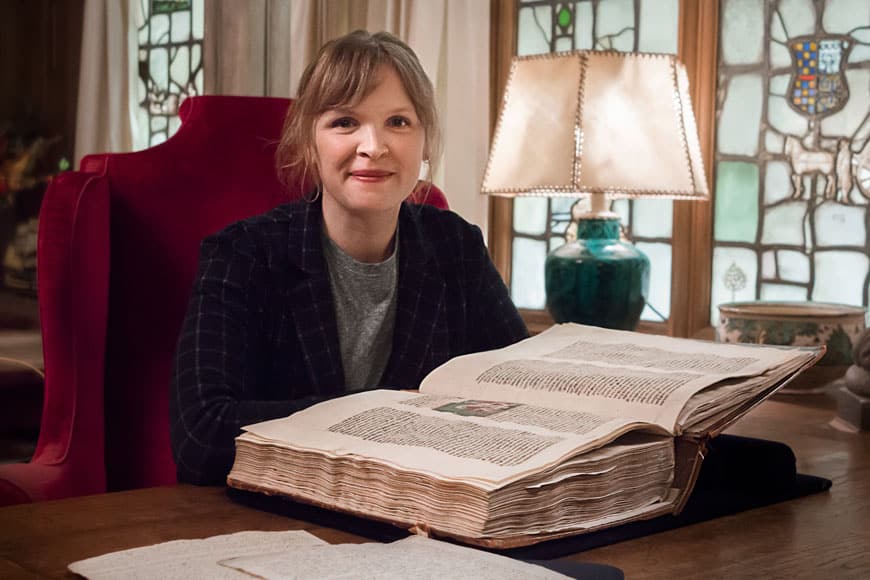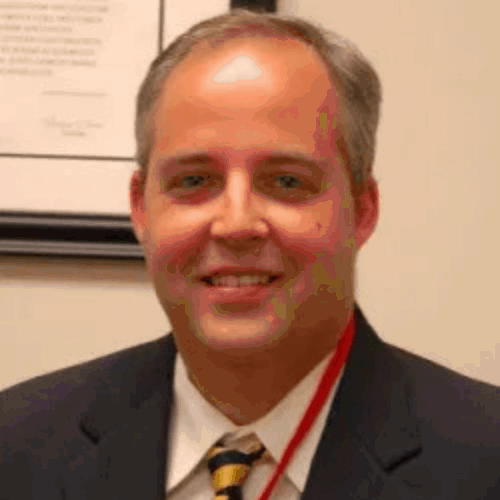
Where Wonder...
Wonder is the faculty of the human spirit by which we lie open to the greatness of the world we live in. It confronts us with the reality that the world is larger and stranger than we know or experience daily. The soul of a child finds wonders and delights everywhere, even in the smallest things; but over time, we educate this away, believing it to be impractical. But what if we didn't? What if, instead, the goal and nature of education were such that the sense of wonder was not decreased, but increased? This is central to all of our teaching. And so we choose books and topics that will feed the love of reading rather than squash it: I would rather someone read a book they love than a book that is considered important. Fortunately, it is possible to both at once.

...Meets Rigor
Rigor is grounded on specificity and tenacity. Specificity means a certain attention to detail that is attentive not just to large gestures in a text, but also to the most subtle movements. Tenacity is the refusal to accept preliminary conclusions or theories until they have been thoroughly tested against the text. Good training causes one to read more closely, more slowly, and with more curiosity, and sets one up to see depths and subtleties that would escape the casual reader.
The Formation of the Heart
There are those who would see rigor as the enemy of wonder: for them, Wordsworth's critique is total: "We murder to dissect. / Enough of Science and of Art; / Close up those barren leaves; / Come forth, and bring with you a heart / That watches and receives" ("The Tables Turned").
But this is a false dichotomy: for mystery invites us in, pleads for our most rigorous attention, and so wonder is not inimical to investigation, but only grows more wondrous upon examination, if only we keep our hearts soft and open. And so the conviction of our pedagogy is that wonder craves rigor and rigor feeds wonder. This controls everything about how we teach.


Encountering Great Minds of the Past
We stand at the tail end (but not the goal) of a long and rich tradition of reflection, imagining, and creating. Conversation with this great past is the surest path to wisdom, and is necessary for understanding where we find ourselves as a culture now. That is why we focus on facilitating these encounters with past thinkers.
We read primary texts, in order to let the past speak for itself. But we also try to inhabit the viewpoint of these texts, to understand not just what was said but why it was said. For understanding is, at bottom, an act of sympathy.
Testimonials
Junius Johnson is one of the best professors I have ever encountered. He is deeply knowledgeable and qualified, but also uses humor and a sense of play to foster a collaborative and engaging learning environment — all while pushing his students to do and be their best.

Jennifer Awes Freeman
Assistant Professor and Program Director of Theology and the Arts at United Theological Seminary of the Twin Cities
Simply put, Junius Johnson is the best Latin teacher I have ever experienced in my many years of supervising education. Junius is compassionate with those who are less gifted than he, but still manages to stretch his students in a friendly and inviting manner. I wholeheartedly recommend him to you as your teacher. Trust me, the encounter will be memorable.

Jonathan Beeson
Pre-K thru 12th grade School Administrator